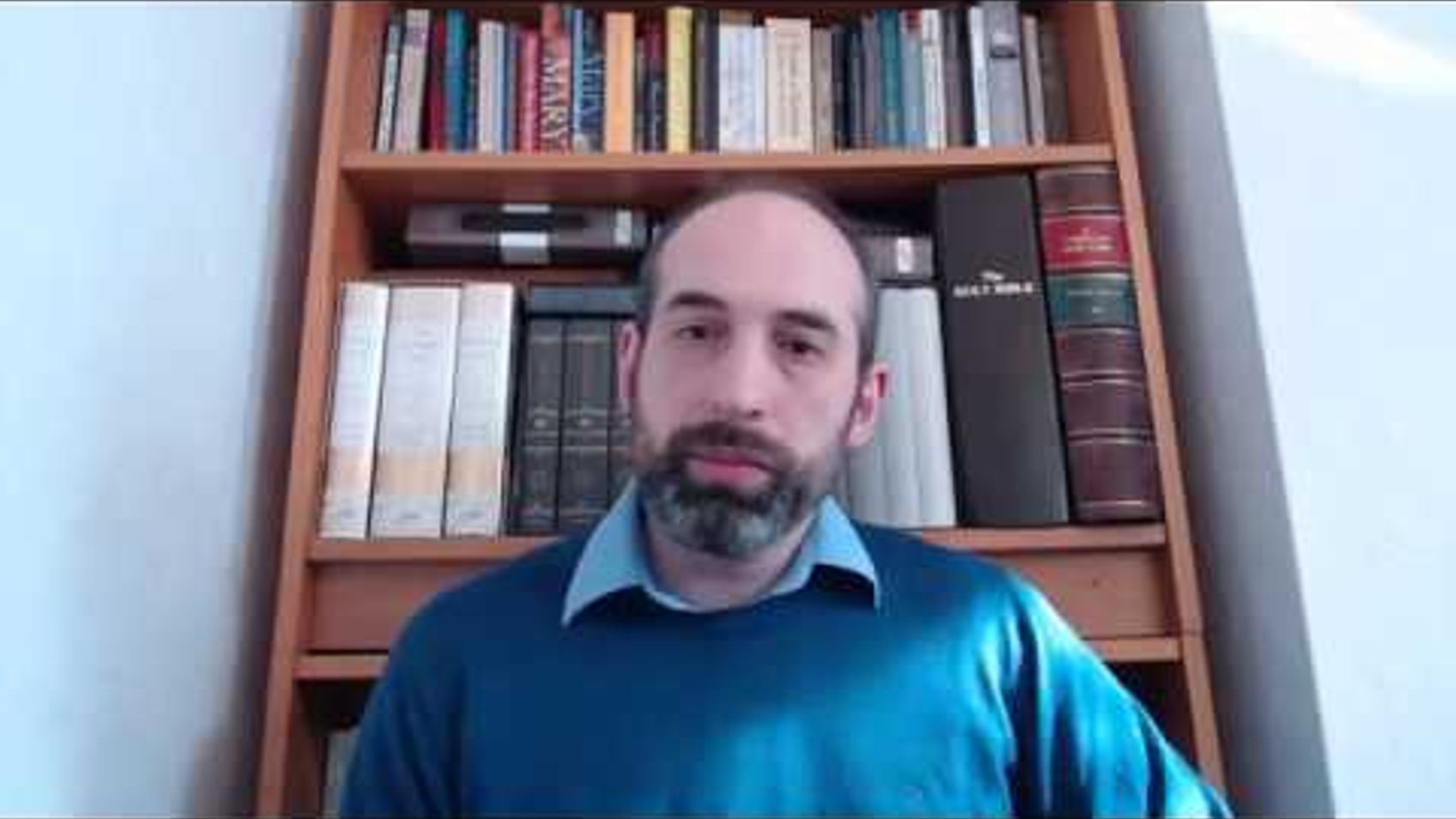The Family of Abraham: Part 5—Cutting a Covenant

Within this video, I discuss Genesis 15, with God's cutting of a covenant with Abram, an unusual vision, and declaration of the future events of the Exodus. For more on this chapter, read my treatment here: https://alastairadversaria.com/2013/02/18/abrams-sure-covenant-of-exodus-40-days-of-exoduses-5/. For more on Exodus themes in Scripture see my book on the subject: https://amzn.to/2tXVLKM.
My blog for my podcasts and videos is found here: https://adversariapodcast.com/.
If you have any questions, you can leave them on my Curious Cat account: https://curiouscat.me/zugzwanged.
If you have enjoyed these talks, please tell your friends and consider supporting me on Patreon: https://www.patreon.com/zugzwanged. You can also support me using my PayPal account: https://bit.ly/2RLaUcB.
The audio of all of my videos is available on my Soundcloud account: https://soundcloud.com/alastairadversaria. You can also listen to the audio of these episodes on iTunes: https://itunes.apple.com/gb/podcast/alastairs-adversaria/id1416351035?mt=2.
More From Alastair Roberts
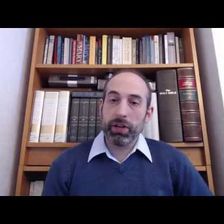
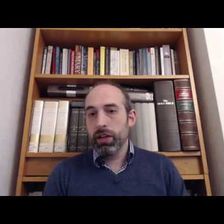
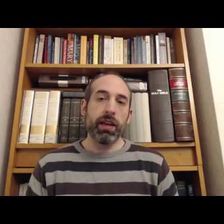
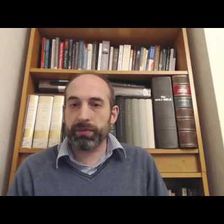
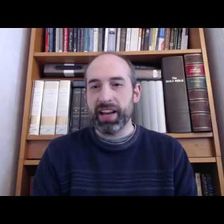
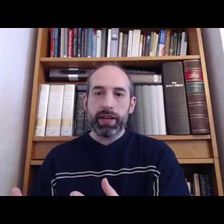
More on OpenTheo















